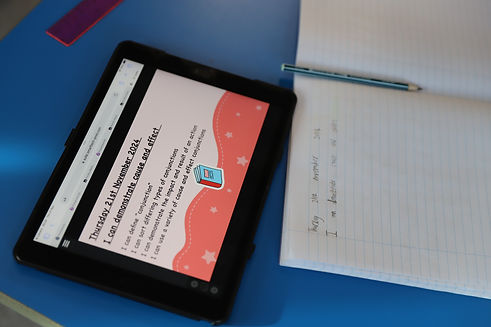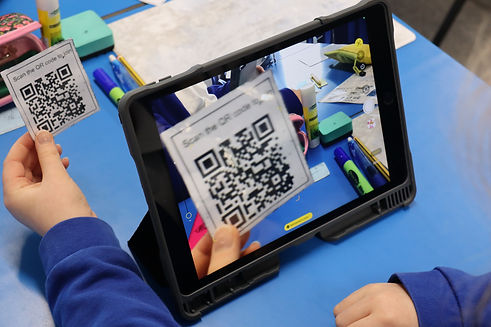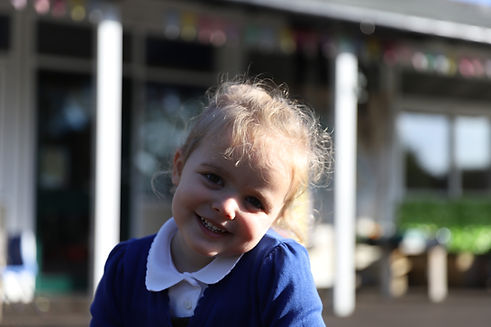
E-SAFETY
Being Online
Being online is an integral part of children and young people’s lives. Social media, online games, websites and apps can be accessed through mobile phones, computers, laptops and tablets – all of which form a part of children and young people’s online world.
The internet and online technology provides new opportunities for young people’s learning and growth, but it can also expose them to new types of risks.
How to Tell if Social Media Is Harming Your Mental Health - https://www.zocdoc.com/blog/how-to-tell-if-social-media-is-harming-your-mental-health/
(NSPCC Learning, 24.07.2020)
CEOP Reporting


Our E-Safety Curriculum
At St Alban’s, we have created a spiral curriculum based around E-Safety and staying safe online. Our curriculum encourages children to talk openly about their online world and teaches them about keeping safe online both in and out of school.
Each half term unit of computing begins with an E-safety lesson covering one of the main key areas set out below.
• Media Balance and Wellbeing
• Privacy and Security
• Digital Footprint and Identity
• Relationships and Communication
• Cyberbullying
• News and Media Literacy

Our E-Safety curriculum encourages children to consider how they use different parts of their body when keeping safe online. For example:
• Children are encouraged to use their legs to “stand up to bullies online”
• Children are encouraged to use their arms to “balance their time when online”
• Children are encouraged to use their head to “think about questions about what they see online”

Zip it, Block it, Flag it!
All children at St Alban’s are also taught and encouraged to follow the online safety code:
"Zip It, Block It, Flag It"
wherever and whenever they are online.
All children at St Alban’s are taught and encouraged to follow the online safety code "Zip It, Block It, Flag It" wherever and whenever they are online.

E-Safety Resources
There are endless amounts of e-Safety resources online which you can spend many hours going through. We recommend these websites that have helped support us to provide the best resources and information to help protect our pupils and parents.
Please click on the links below to find out more...
https://www.saferinternet.org.uk/
http://vodafonedigitalparenting.co.uk/
A link to the CEOP website is below for anyone to report an e-safety issue:
https://www.ceop.police.uk/ceop-reporting/

